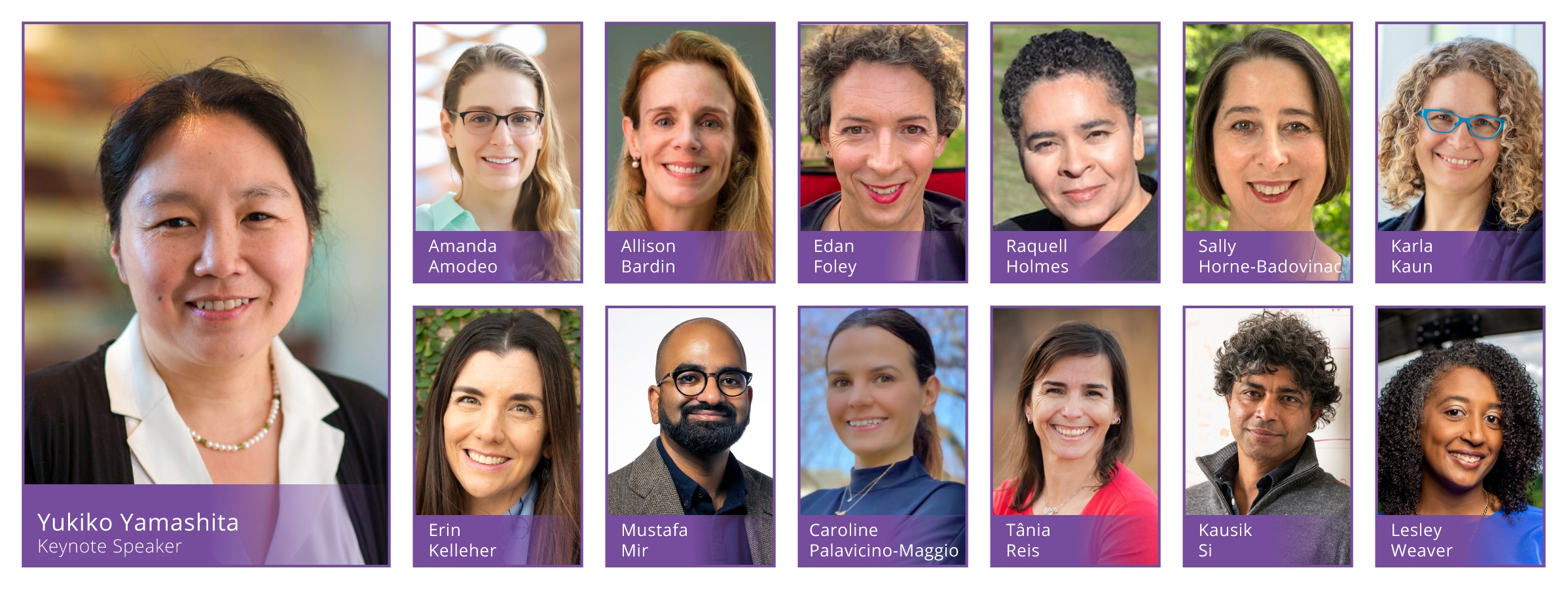
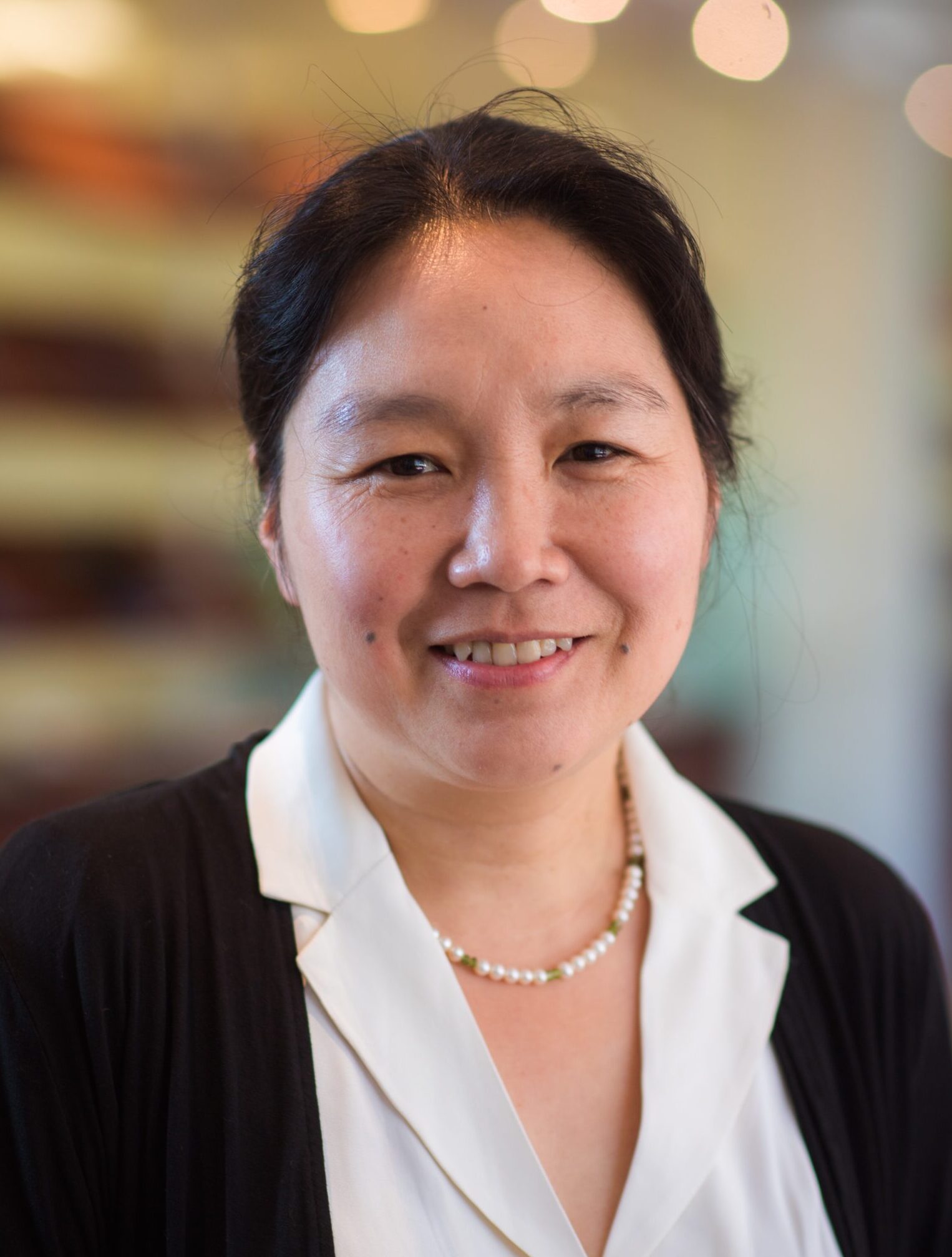
Yukiko Yamashita
Keynote Speaker
Yukiko Yamashita is a member of the Whitehead Institute for Biomedical Research and a professor at Massachusetts Institute of Technology, Department of Biology, where she is also an investigator of the Howard Hughes Medical Institute.
Her study is centered on the mystery of germline immortality that supported the continuation of multicellular life for 1.5 billion years. Within this scope, she broadly studies asymmetric stem cell division, the maintenance of ribosomal DNA, functions of satellite DNA in cell biology, and evolution.
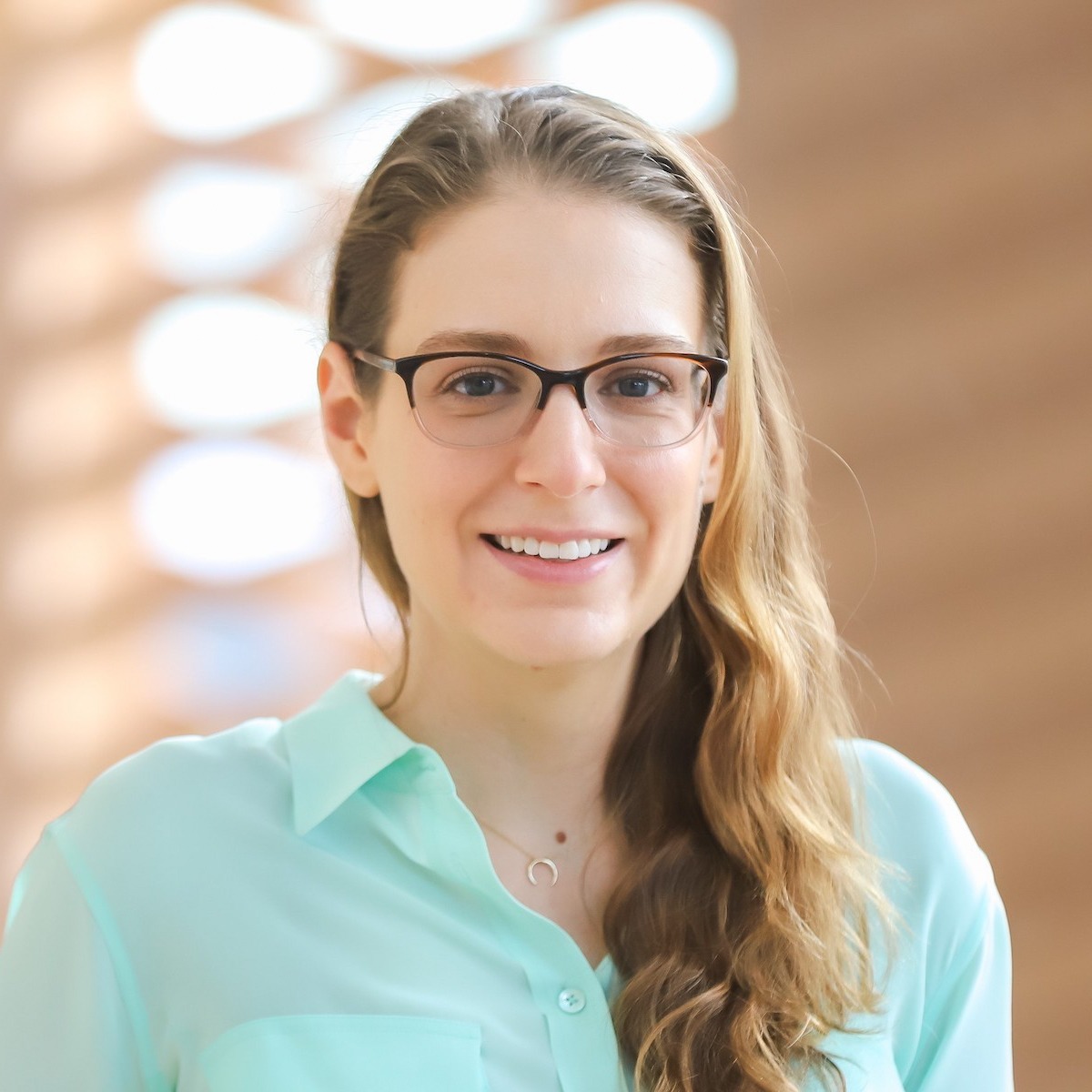
Amanda Amodeo
Amanda Amodeo (she/her) is an Assistant Professor in the Department of Biological Sciences at Dartmouth College. Her lab seeks to understand how cells and organs make the measurements that allow them to output the correct biological decisions. They use the early cleavage divisions of the Drosophila embryo to study how cell size and cell cycle coordinate developmental progression and differentiation. They have found changes in chromatin composition during zygotic genome activation and an unconventional role for histones as cell cycle regulators independent of chromatin incorporation.
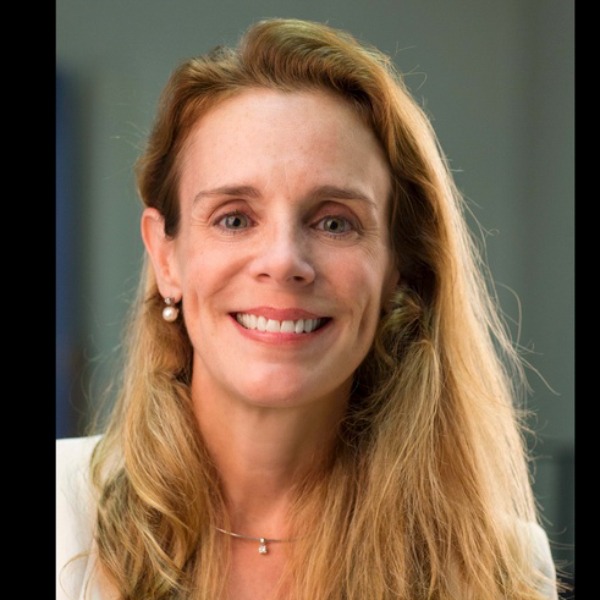
Allison Bardin
Allison Bardin is a Research Director of the CNRS and Senior Principal Investigator at the Curie Institute in Paris, France. Her group is interested in understanding genome regulation of stem and progenitor cells using intestinal stem cells and developing imaginal tissues as model systems. In particular, studies in the lab apply numerous genomic and genetic approaches to determine mechanisms underlying genome stability as well as control of cell fate decisions during the differentiation process.
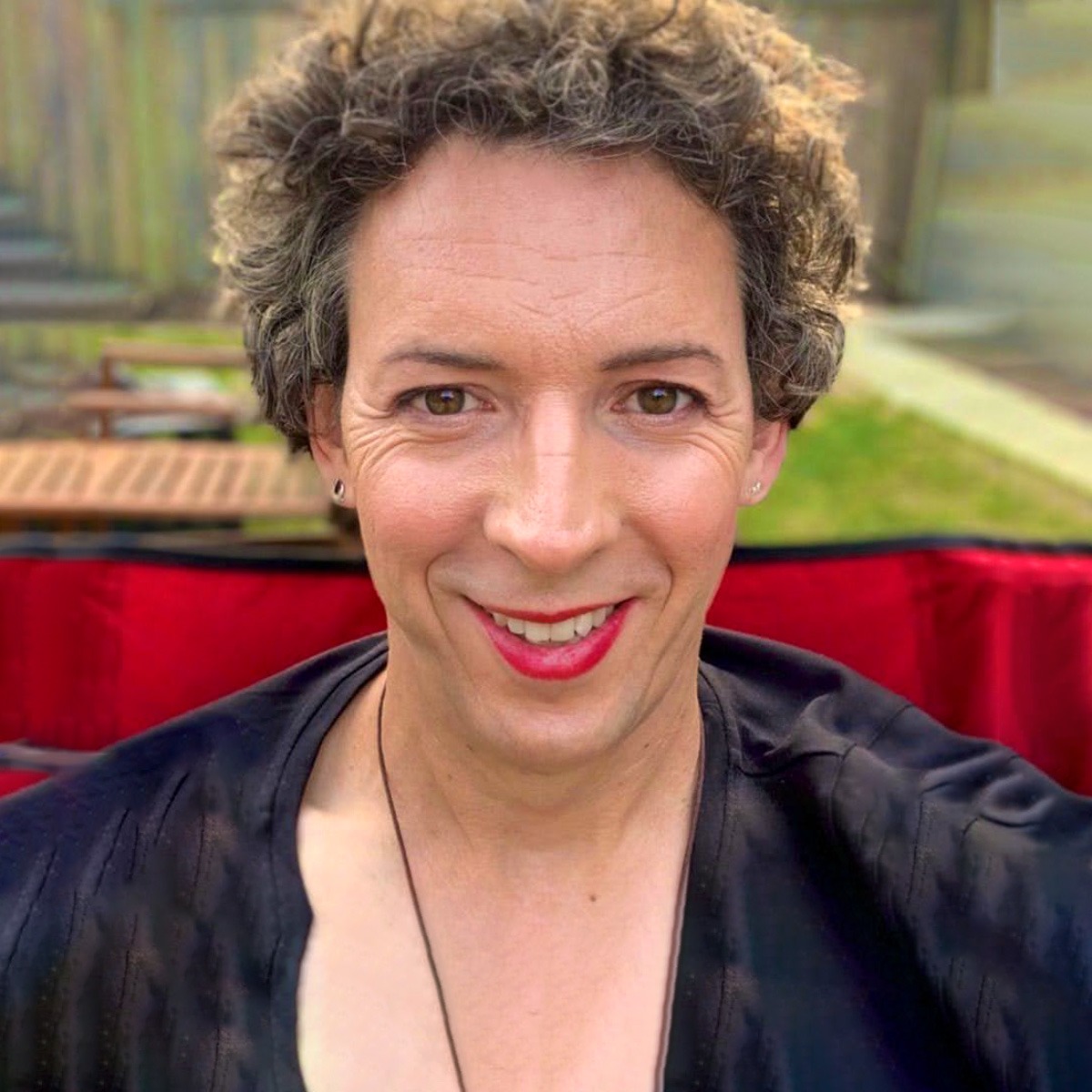
Edan Foley
Edan (they/them) is a Professor in the Department of Medical Microbiology and Immunology at the University of Alberta. Researchers in the Foley lab study the impacts of extrinsic factors on the proliferation and differentiation of adult intestinal stem cells. They are particularly interested in understanding how evolutionarily conserved immune pathways govern intestinal response to pathogenic and commensal microbes.
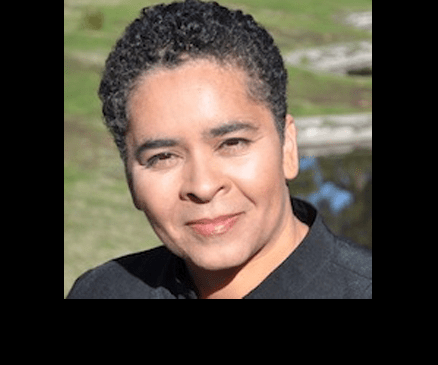
Raquell Holmes
Raquell Holmes’ training in cellular and computational biology sent her into university and corporate settings as a scientist. While working, she observed that her colleagues were hindered by a lack of social innovation practices in these environments to help them collaborate effectively. Holmes founded improvscience as part of an international community of educators, trainers, and researchers who use play and creativity to address educational, developmental, and humanitarian needs in the world. Her improvscience training programs help scientists build inclusive work environments, communicate with others, and realize their potential.
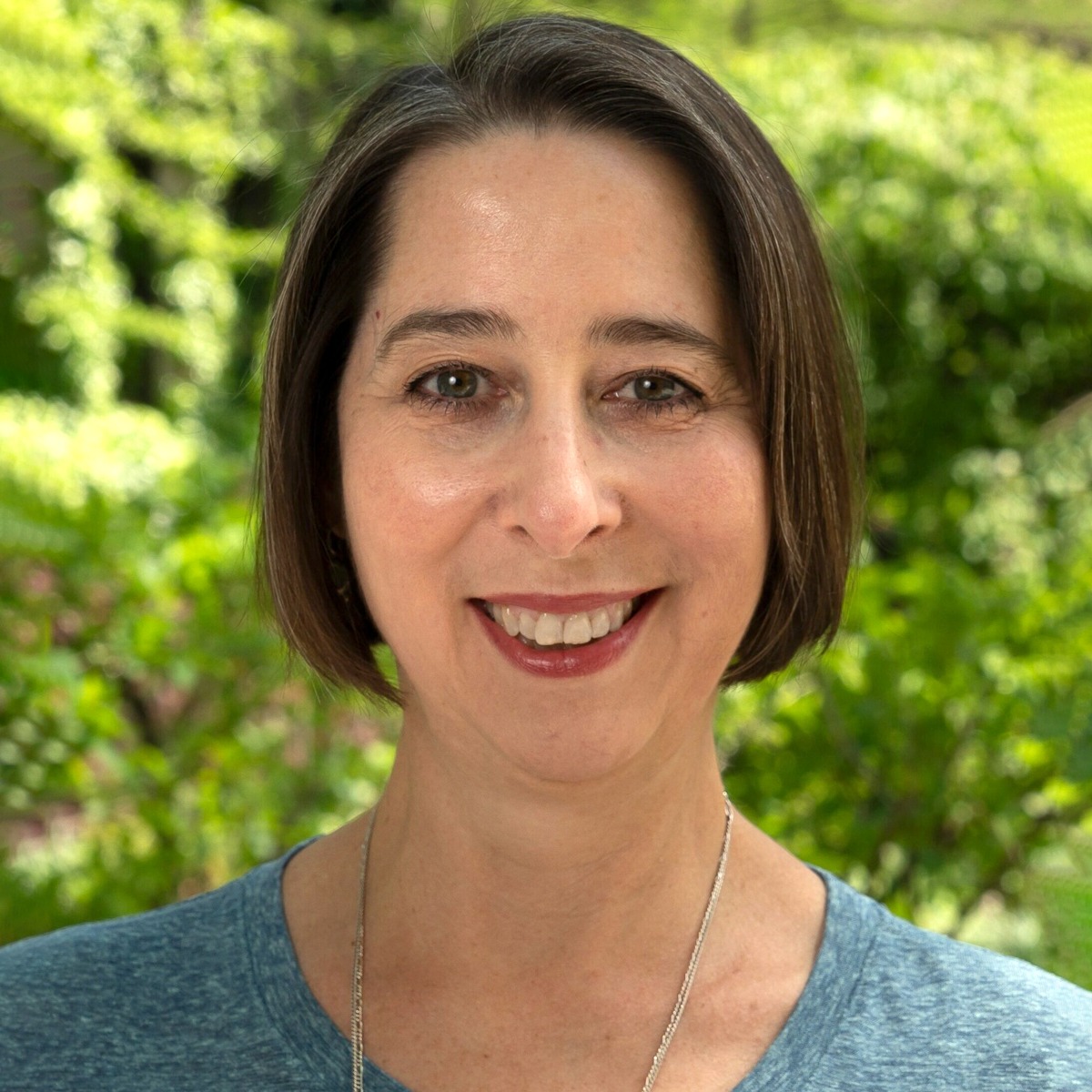
Sally Horne-Badovinac
Sally Horne-Badovinac is a Professor in the Department of Molecular Genetics and Cell Biology at the University of Chicago. Her lab uses genetic, cellular, and quantitative live imaging approaches to probe how dynamic properties of epithelial tissues contribute to organ shape. Her team’s work has made fundamental contributions to our understanding of how epithelial cells migrate collectively, how these cells secrete and assemble basement membrane extracellular matrices, and how both processes work together to drive tissue elongation.
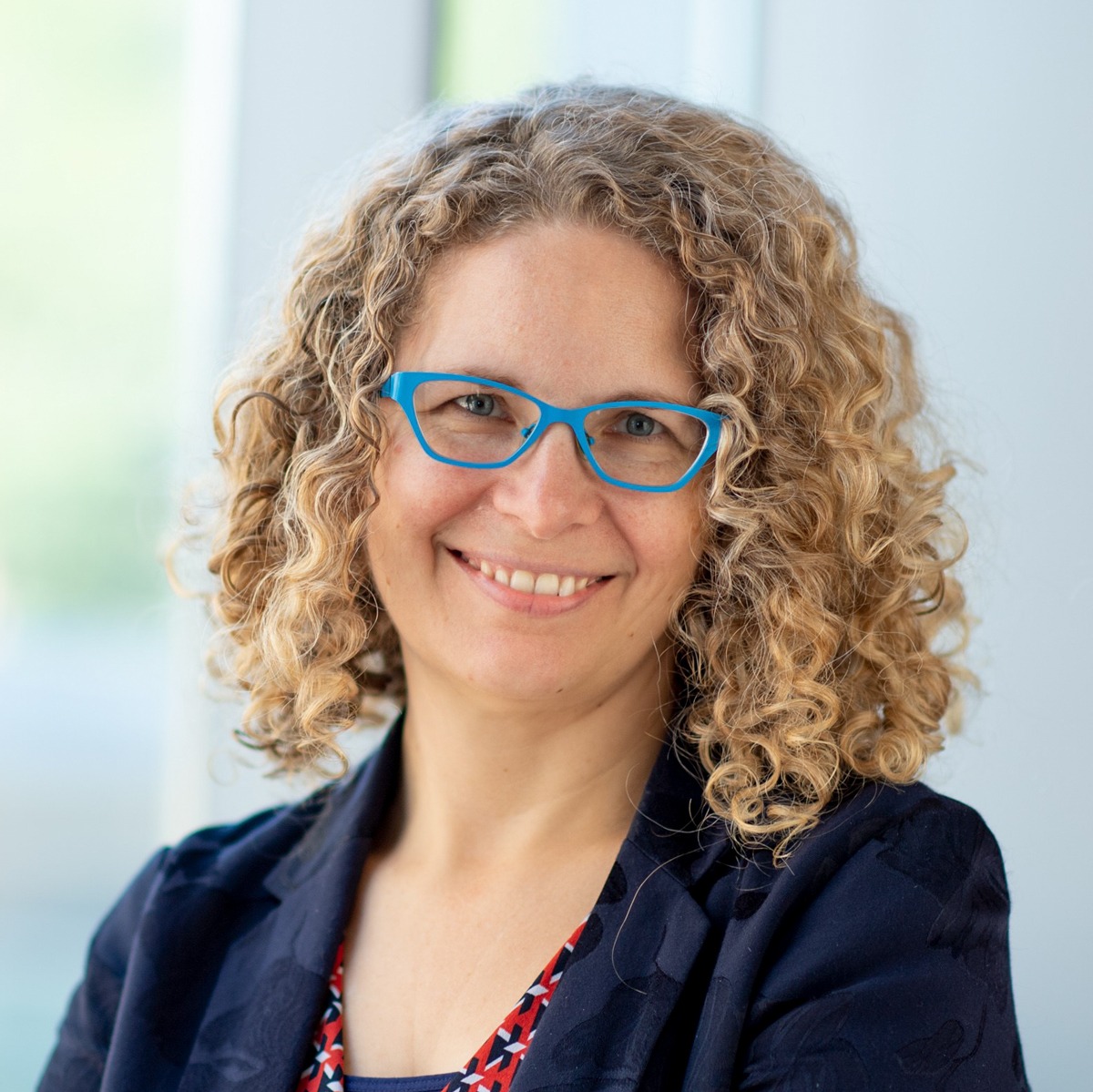
Karla Kaun
Karla Kaun is an Associate Professor in the Department of Neuroscience at Brown University. She is a behavioral neurogeneticist fascinated with the genetic, molecular, and cellular mechanisms of addiction. Her team investigates how alcohol and drugs of abuse influence the molecular mechanisms underlying memory formation to induce cravings by combining behavior with in vivo imaging, genetics, molecular biology, biochemistry, and bioinformatics in Drosophila. Karla is the president-elect for the International Behavioural and Neural Genetics Society, loves collaborating, and advocates for innovative teaching methods to decolonize STEM.
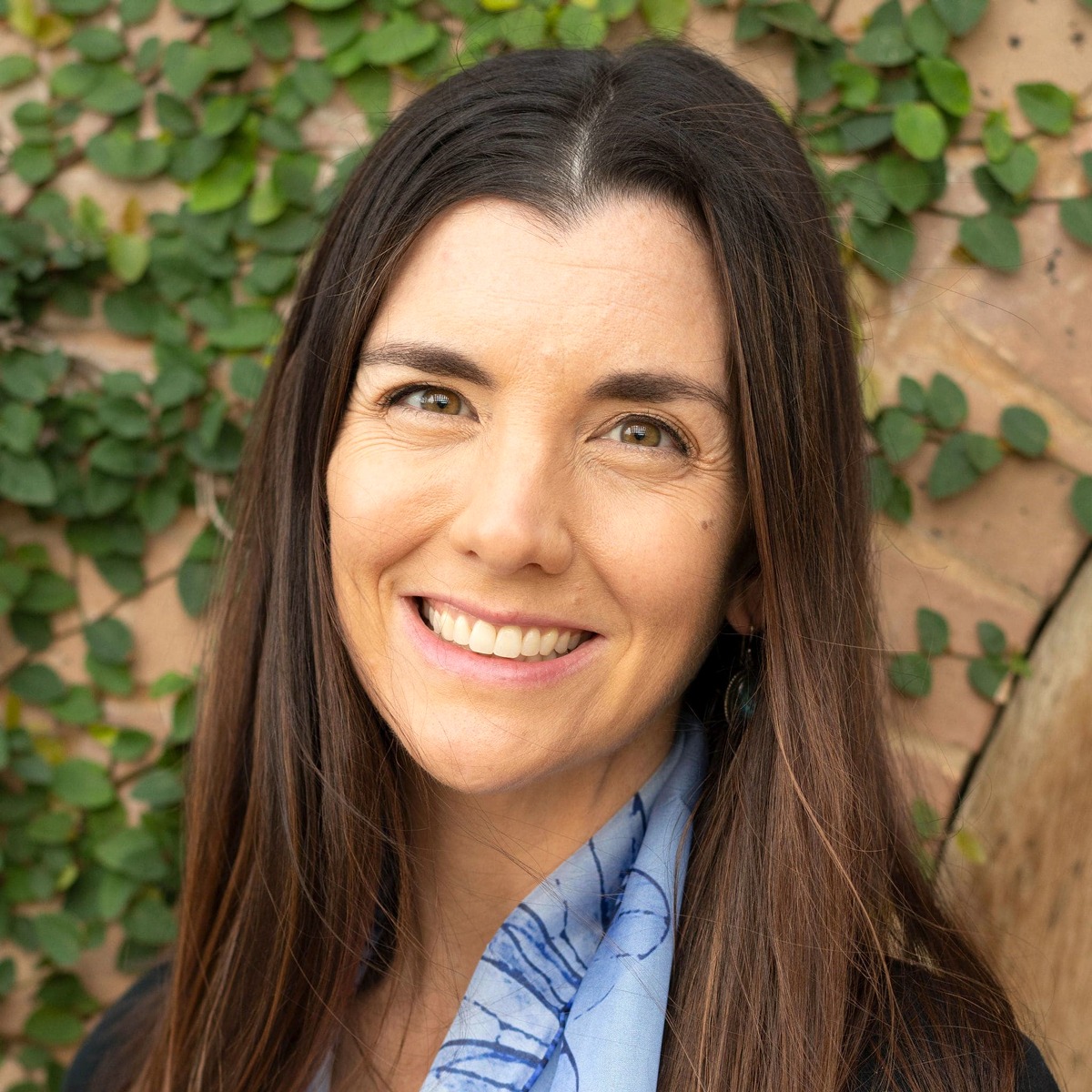
Erin Kelleher
Erin Kelleher is an Associate Professor of Biology and Biochemistry and the Associate Chair for Graduate Affairs at the University of Houston. As a graduate student of Therese Markow’s at the University of Arizona, she gained a love for the organismal biology of Drosophila, as well as the biodiversity represented within our favorite genus. As a postdoctoral fellow in Daniel Barbash’s lab at Cornell University, she developed an interest in transposable elements and the evolution of their regulation by germline cells. Her lab studies natural variation in germline regulation and responses to transposition, taking advantage of a wealth of historic collections of Drosophila melanogaster, community resources for quantitative genetics, and of course, the expertise and collegiality that define our community.
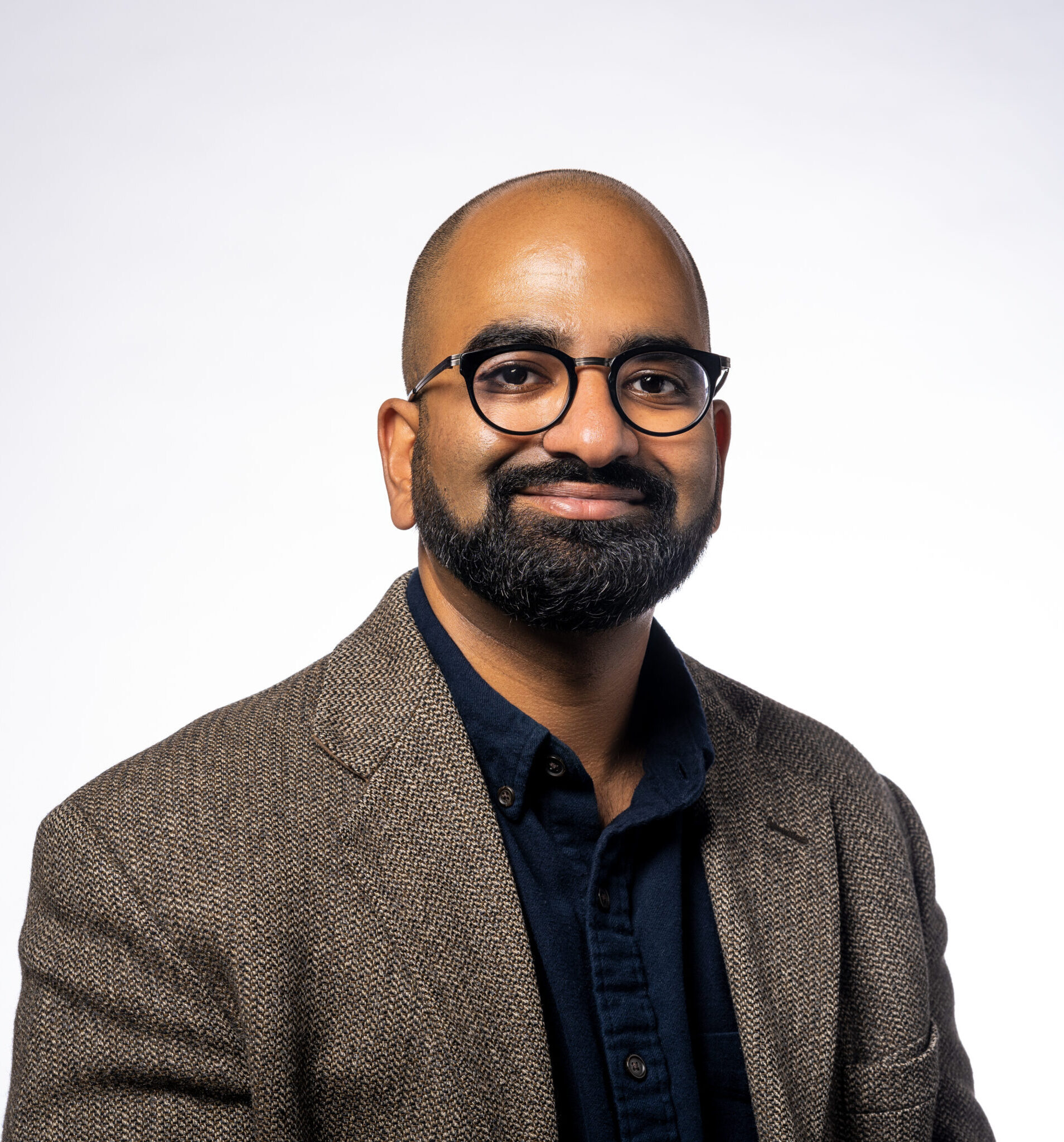
Mustafa Mir
Mustafa Mir is an Assistant Professor in the Department of Cell and Developmental Biology at the University of Pennsylvania, Perelman School of Medicine, and at the Center for Computational and Genomic Medicine at the Children’s Hospital of Philadelphia. His lab implements high-resolution live imaging technologies and single-molecule tracking methods to study the molecular scale kinetics of transcriptional regulators and nuclear organization in the earliest stages of Drosophila development. He is particularly interested in elucidating the mechanisms that have evolved to enable transcription factors to efficiently navigate the crowded nuclear environment to find and activate their target genes.
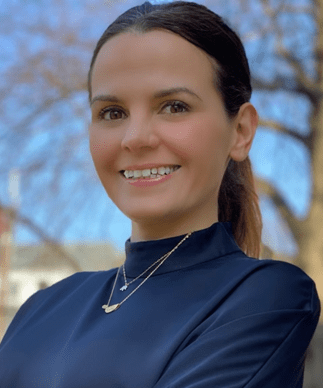
Caroline Palavicino-Maggio
Caroline B. Palavicino-Maggio, PhD, is an Assistant Professor in the Department of Psychiatry at Harvard Medical School and Director for the Neurobiological Mechanisms of Aggression Laboratory at McLean Hospital. Her research focuses on the fundamental neurological basis of social behavior using the fruit fly model system’s genetic approaches. In 2016, she joined the laboratory of Dr. Ed Kravitz in the Department of Neurobiology at Harvard Medical School. Her post-doctoral research was centered on identifying the neurons involved for female aggression as well as the evolutionary element of behavior.
Dr. Palavicino-Maggio has been selected for many prestigious awards from the Rutgers Society Foundation, New York Academy of Sciences, Alfred P. Sloan Foundation Pre-Doctoral Fellowship, NIMH Independent Dissertation Grant, and NIGMS K99/R00 MOSAIC Pathway to Independence. In 2020, she was acknowledged by Cell Press in their “100 most Inspiring Hispanic/Latinx scientists in America” list. Dr. Palavicino-Maggio is a strong advocate for social justice and encouraging young people from marginalized groups to pursue STEM careers.
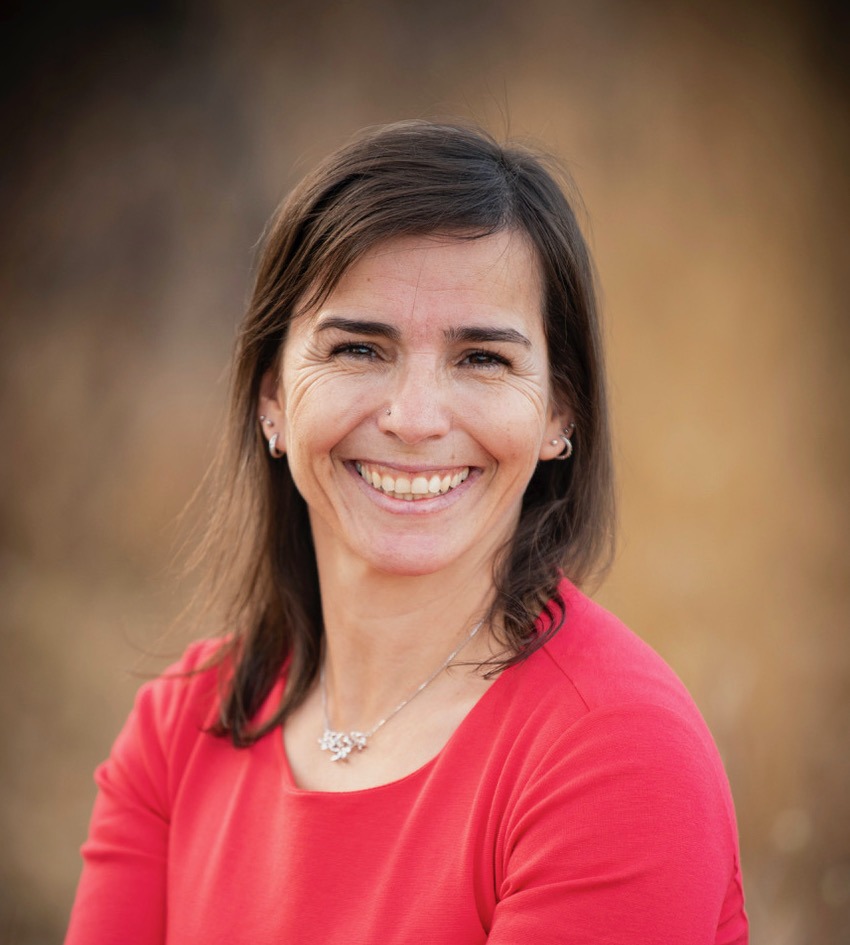
Tânia Reis
Tânia Reis (she/her) is an Associate Professor in the Division of Endocrinology, Metabolism and Diabetes at the University of Colorado Anschutz Medical Campus. Her lab studies the genetic and neuronal basis of organismal energy balance and, as an example of imbalance, obesity. As an immigrant woman for whom English is a second language, Tânia has accumulated considerable experience with issues of diversity, equity, and inclusion in academic biomedical research and has dedicated significant effort to learning how to address them.
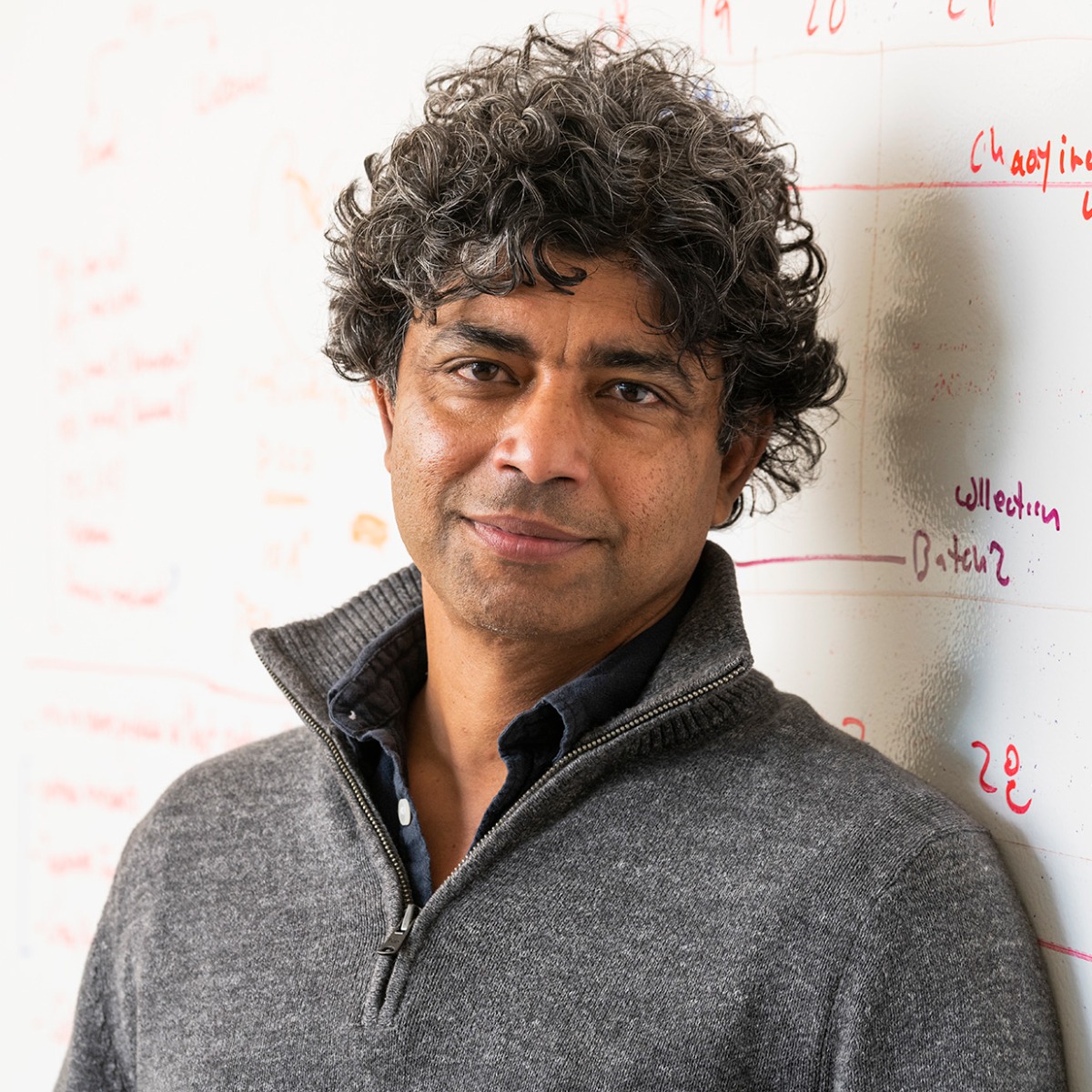
Kausik Si
Kausik Si is an investigator in the Stowers Institute for Medical Research in Kansas City and uses Drosophila to study how amyloids could be a substrate of molecular memory. For over a century, amyloids have been associated with pathology, particularly pathology of the nervous system, and have been studied as an unintended byproduct of protein mismanagement, an irreversible dead-end for a protein. Si lab hopes to understand what structural features make amyloids functional and regulatable, how cells assemble amyloids in a controlled way, and once formed, how cells remove amyloids when needed.
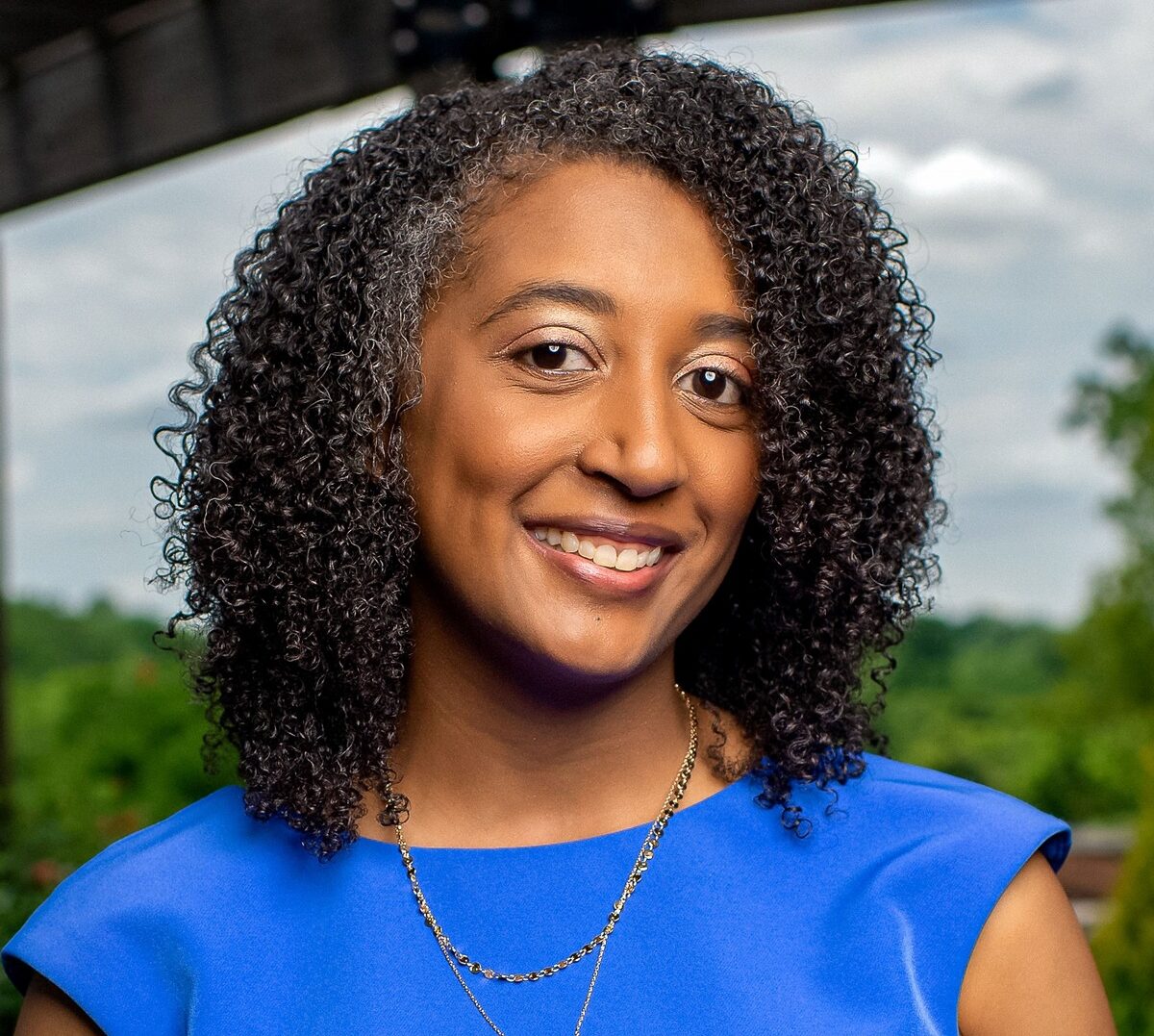
Lesley Weaver
Lesley Weaver is an Assistant Professor in the Department of Biology at Indiana University in Bloomington, IN. Her lab is interested in understanding how organs communicate to regulate stem cell lineages and tissue homeostasis. Her group focuses on understanding how signaling downstream of nuclear receptors in somatic cells and tissues influence the germline stem cell lineage using the ovary as a model.
We have invited four early career faculty members to share their work with our community as plenary speakers. Our goal is to lift up scientists at multiple career stages, because we believe we can all draw inspiration from being part of the long multi-generational project that is scientific discovery. We can look to the current and previous generation for guidance and wisdom, but also for lessons learned and the way science can change as we grow and become leaders. We can also look to the next generation for their aspirations and new ideas, as they experience and respond to the rapidly changing world. We hope that hearing fantastic science from these multiple perspectives will inspire us all to engage deeply and imagine widely.


